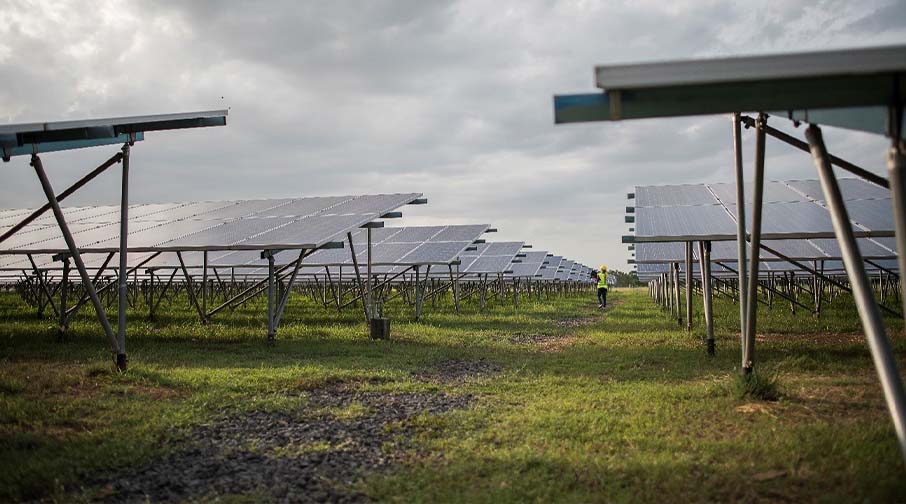
In a world increasingly focused on sustainability and self-reliance, the off-grid solar power system has become one of the most practical solutions for energy generation in remote locations. Whether it’s a farm far from the power grid, a hilltop resort, or an industrial worksite deep in the countryside, access to consistent electricity is essential for productivity and comfort.
Understanding the Off-Grid Solar Power System
An off-grid solar power system is a standalone energy setup that operates completely independently from the main electricity grid. It captures sunlight through photovoltaic panels and converts it into usable electricity. During the day, solar panels generate power for immediate use, while any excess energy is stored in advanced solar battery storage units for later consumption—ensuring a continuous power supply even at night or during cloudy days.
For remote areas where connecting to the grid is costly or impossible, this system offers complete freedom from unpredictable power cuts, rising electricity prices, and dependency on fossil fuels.
Key Components of an Off-Grid Solar System
- Solar Panels: Capture sunlight and convert it into electricity.
- Solar Charge Controller: Regulates voltage and prevents battery overcharging.
- The inverter :DC power from the panels and batteries into AC power for appliances.
- Solar Battery Storage: Stores excess electricity for night time or emergency use.
- Mounting & Cabling:Ensures secure installation and efficient power transmission.
Together, these components form a robust system capable of powering homes, commercial facilities, and industrial operations in isolated regions.
Applications Across Different Sectors
- Farms:Agricultural activities often rely on electricity for irrigation pumps, lighting, water systems, and equipment. With an off grid solar power system, farmers can reduce fuel expenses, automate operations, and work more efficiently even in remote areas.
- Resorts:Eco-resorts and hill retreats demand a constant, silent, and sustainable energy source to serve guests comfortably. Solar energy with solar battery storage ensures uninterrupted power for lighting, heating, and entertainment systems while promoting a green brand image..
- Remote Worksites: Mining zones, oil fields, and construction sites located far from cities often face high costs for diesel generators. Off-grid solar systems provide clean, reliable power, reducing operational expenses and carbon emissions simultaneously.
Hybrid vs. Off-Grid Solar Systems
Though both systems rely on solar panels and solar battery storage, their designs serve different needs. A hybrid solar system is connected to the main grid, allowing users to pull power when solar energy is insufficient and to feed excess electricity back into the grid. It’s a balanced choice for urban or semi-urban users who seek both flexibility and savings.
In contrast, an off grid solar power system operates completely independently, relying solely on sunlight and stored energy for power. This makes it ideal for farms, resorts, and worksites in remote areas with no grid connectivity. While hybrid systems offer backup flexibility, off-grid systems guarantee total energy independence and resilience during outages.
Advantages of Going Off-Grid
- Energy Freedom: Operate independently without relying on government power supply.
- Reduced Operating Costs: Eliminate diesel and electricity bills.
- Sustainability:Zero emissions and minimal maintenance promote eco-friendly operations.
- Scalability: Systems can be expanded easily as power requirements grow.
- Reliability: With efficient solar battery storage, users enjoy a consistent power supply day and night.
These advantages make the off-grid approach not just a cost-saving decision but also a commitment to environmental responsibility.
As more businesses and property owners move toward renewable energy, adopting an off-grid solar power system ensures long-term resilience, efficiency, and sustainability. Whether the goal is to reduce operational costs, achieve self-sufficiency, or support green initiatives, off-grid solar technology provides the expertise and reliability needed to make it happen.
